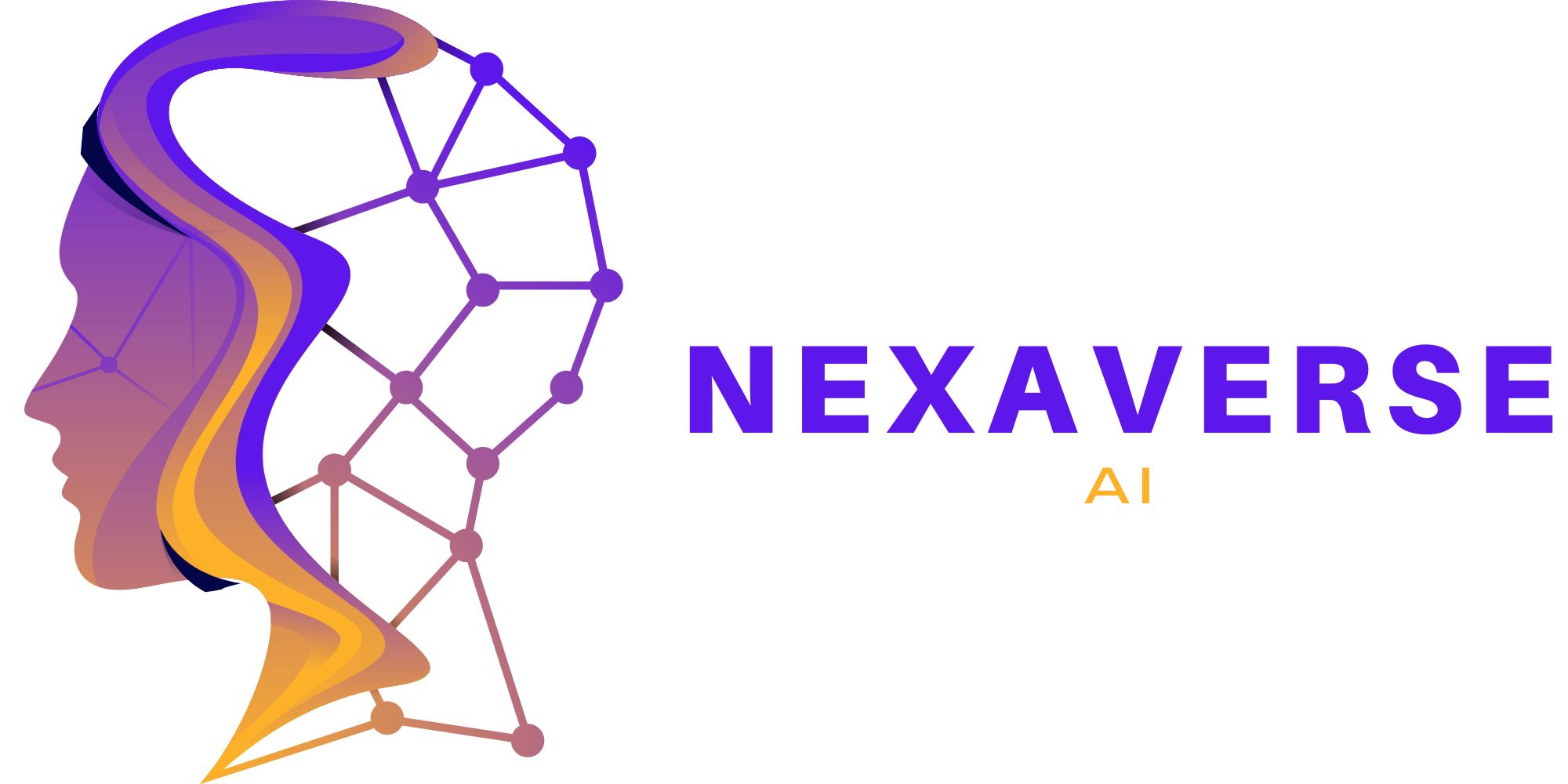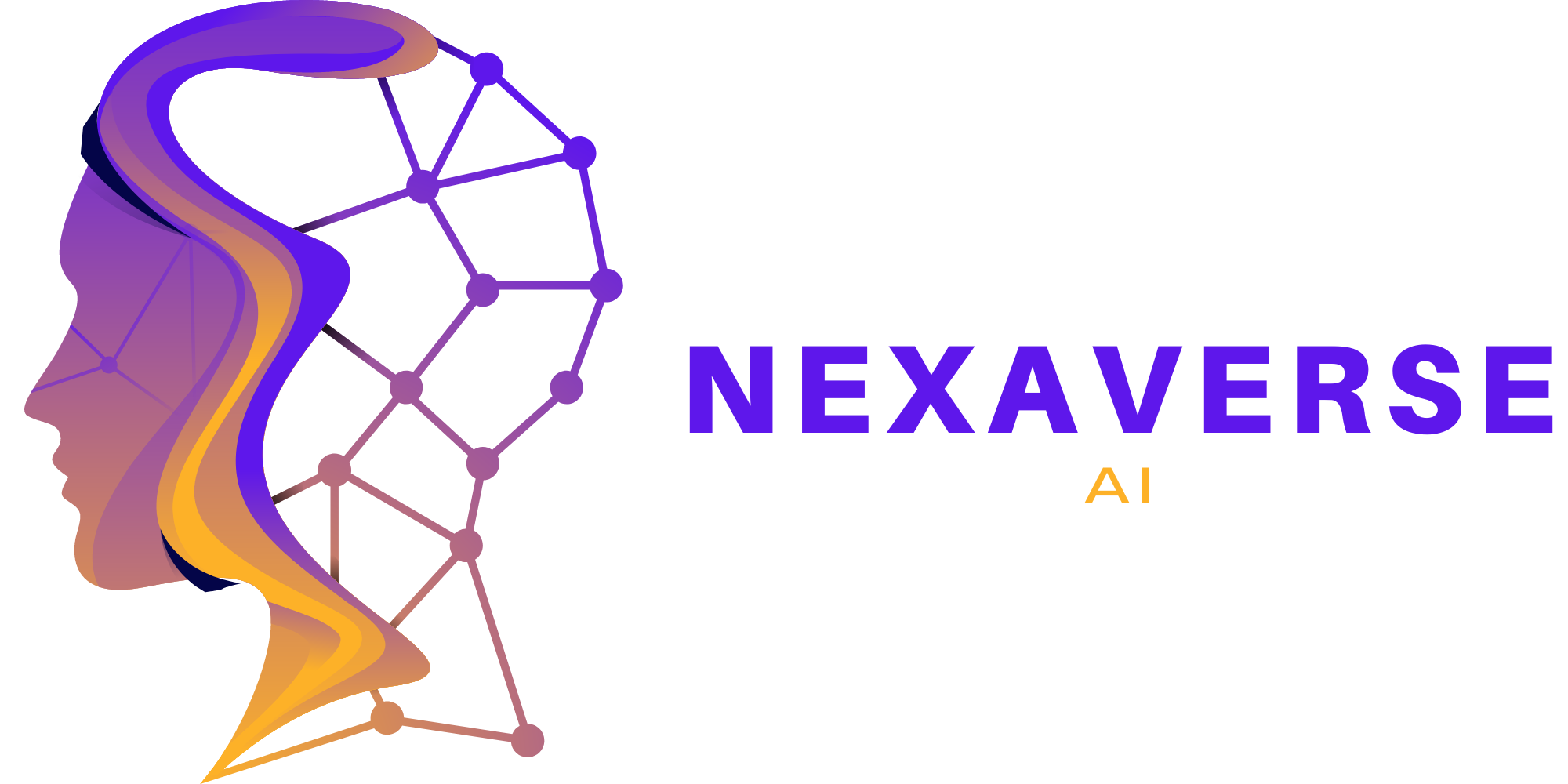AI in Healthcare: Empowering Diagnostics and Treatment
Artificial Intelligence (AI) has emerged as a powerful tool in revolutionizing healthcare delivery. Explore the applications of AI in diagnostics, treatment planning, and patient care. Discover the benefits and ethical considerations of AI in healthcare.

Transforming Healthcare with Artificial Intelligence
In today's fast-paced world, the healthcare industry is constantly seeking innovative solutions to improve patient outcomes and enhance the efficiency of medical processes. Artificial Intelligence (AI) has emerged as a powerful tool in revolutionizing healthcare delivery. With its ability to analyze vast amounts of data, AI can empower diagnostics and treatment, leading to more accurate diagnoses, personalized treatment plans, and ultimately, better patient care.
In this comprehensive blog post, we will explore the various applications of AI in healthcare and how it is transforming the industry.

Improving Diagnostic Accuracy
One of the most significant contributions of AI in healthcare is its ability to enhance diagnostic accuracy. AI systems can analyze medical images, such as X-rays, MRIs, and CT scans, with remarkable precision. By comparing images to vast databases and using deep learning algorithms, AI can detect patterns and anomalies that might be missed by human radiologists.
This technology enables early detection of diseases, such as cancer, and assists doctors in making more accurate diagnoses.
Furthermore, AI-powered diagnostic tools can analyze patient data, including electronic health records and genetic information, to identify potential risk factors and predict the likelihood of certain diseases developing.
Key benefits of AI in diagnostics include:
- Improved accuracy and speed in detecting diseases.
- Early detection of diseases, leading to better treatment outcomes.
- Personalized risk assessment based on individual patient data.
Enhancing Treatment Planning and Personalization
AI is transforming the way treatment plans are developed and personalized for individual patients. By analyzing vast amounts of patient data, including medical records, clinical trials, and research papers, AI can generate insights and recommendations to assist healthcare providers in creating tailored treatment plans.
With AI, doctors can consider a patient's unique characteristics, such as genetic factors, medical history, and lifestyle, to determine the most effective treatments.
AI algorithms can also predict the response to different treatment options, enabling doctors to choose the most suitable course of action.
Key benefits of AI in treatment planning and personalization include:
- Tailored treatment plans based on individual patient characteristics.
- Predictive analysis to determine treatment effectiveness.
- Optimization of treatment outcomes through data-driven decision-making.
Improving Patient Care and Monitoring
AI is revolutionizing patient care and monitoring by providing continuous, real-time insights and support. Wearable devices equipped with AI algorithms can monitor vital signs, detect abnormalities, and alert healthcare providers in case of emergencies.
This technology enables early intervention and timely medical assistance, especially for patients with chronic conditions.
AI-powered chatbots and virtual assistants are also being used to provide personalized healthcare guidance, answer patient queries, and ensure adherence to treatment plans.
Key benefits of AI in patient care and monitoring include:
- Continuous monitoring of vital signs for early detection of health issues.
- Prompt alert system for emergencies and critical situations.
- Personalized healthcare guidance and support through AI chatbots.
Ethical Considerations and Challenges
While the potential of AI in healthcare is vast, it also raises ethical considerations and challenges. Privacy and security of patient data, algorithm bias, and transparency of AI decision-making are some of the key concerns that need to be addressed to ensure responsible and ethical use of AI in healthcare.
Regulatory frameworks and guidelines are being developed to ensure the safe and ethical implementation of AI technology in healthcare.
Collaboration between healthcare professionals, AI experts, policymakers, and patients is crucial to navigate these challenges and establish a balanced approach to AI adoption in healthcare.
Key considerations and challenges of AI in healthcare include:
- Privacy and security of patient data.
- Algorithm bias and fairness in decision-making.
- Transparency and interpretability of AI algorithms.
Artificial Intelligence is transforming healthcare by empowering diagnostics and treatment. With improved diagnostic accuracy, personalized treatment planning, and enhanced patient care, AI provides immense potential for improving patient outcomes and revolutionizing healthcare delivery. However, ethical considerations and challenges must be addressed to ensure responsible and ethical implementation. By embracing AI in healthcare, we can unlock a new era of precision medicine and patient-centered care.
Frequently Asked Questions (FAQs)
Q. How is AI improving diagnostic accuracy in healthcare?
A. I systems can analyze medical images and patient data to detect patterns and anomalies, enabling early detection of diseases and more accurate diagnoses.
Q. What are the benefits of AI in treatment planning?
A. I enables the development of personalized treatment plans based on individual patient characteristics, predicts treatment effectiveness, and optimizes treatment outcomes.
Q. How does AI enhance patient care and monitoring?
A. I-powered wearables monitor vital signs, detect abnormalities, and provide continuous insights. AI chatbots and virtual assistants offer personalized healthcare guidance and support.
Q. What are the ethical considerations of AI in healthcare?
A. Privacy and security of patient data, algorithm bias, and transparency of AI decision-making are some of the key ethical considerations in AI adoption in healthcare.
Q. How can ethical challenges in AI healthcare be addressed?
A. Regulatory frameworks, collaboration between stakeholders, and transparent guidelines can help address ethical challenges and ensure responsible AI implementation in healthcare.
Always consult a healthcare professional for medical advice. AI technology is a supportive tool and should not replace human expertise in healthcare decision-making.




